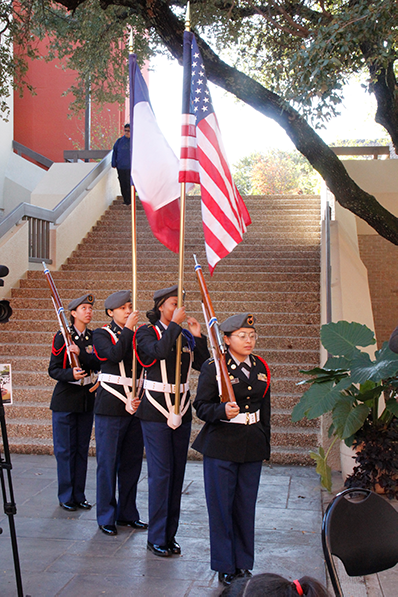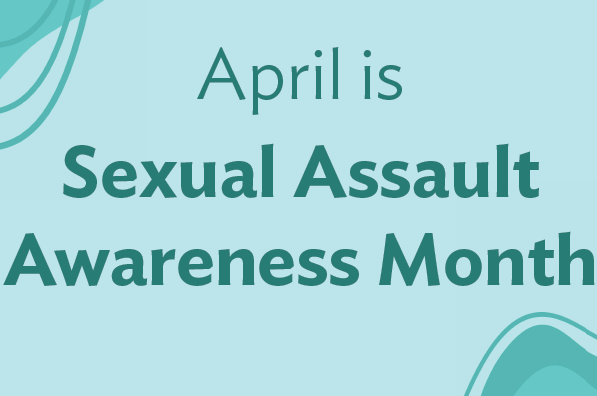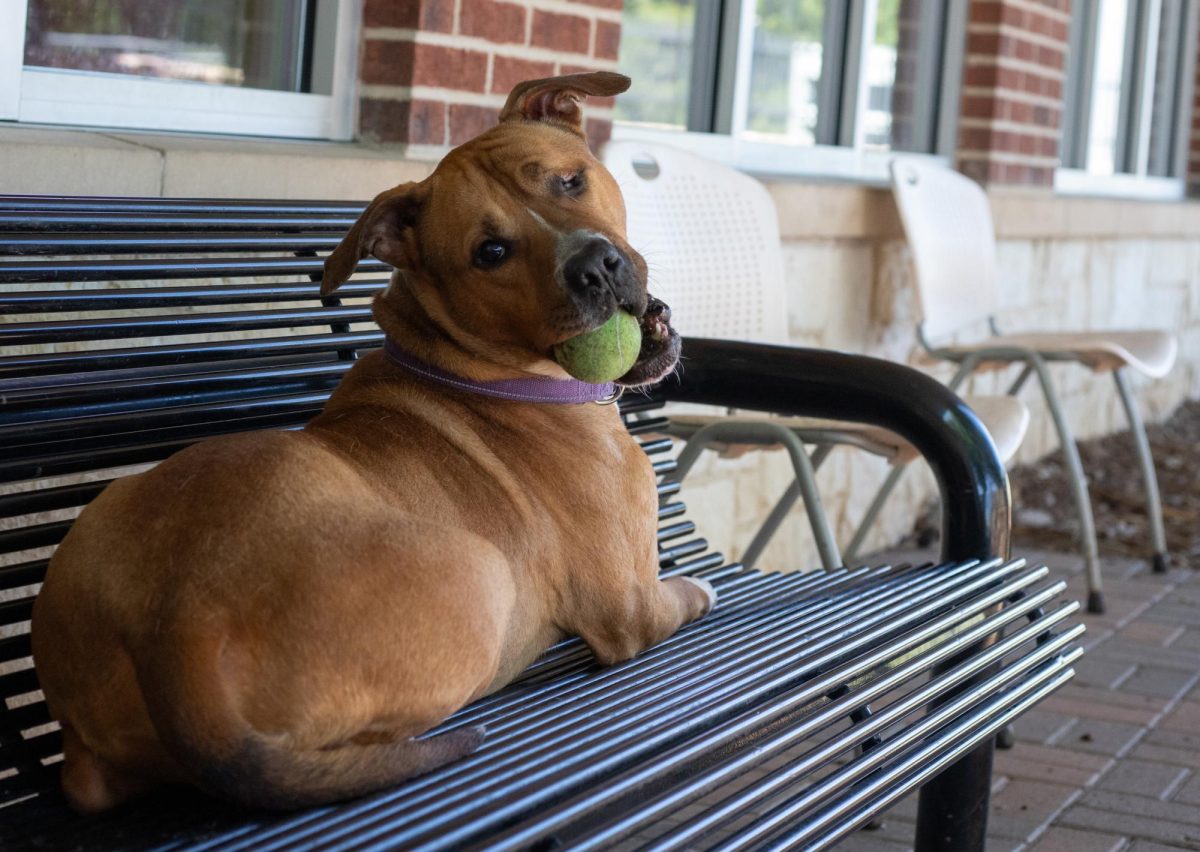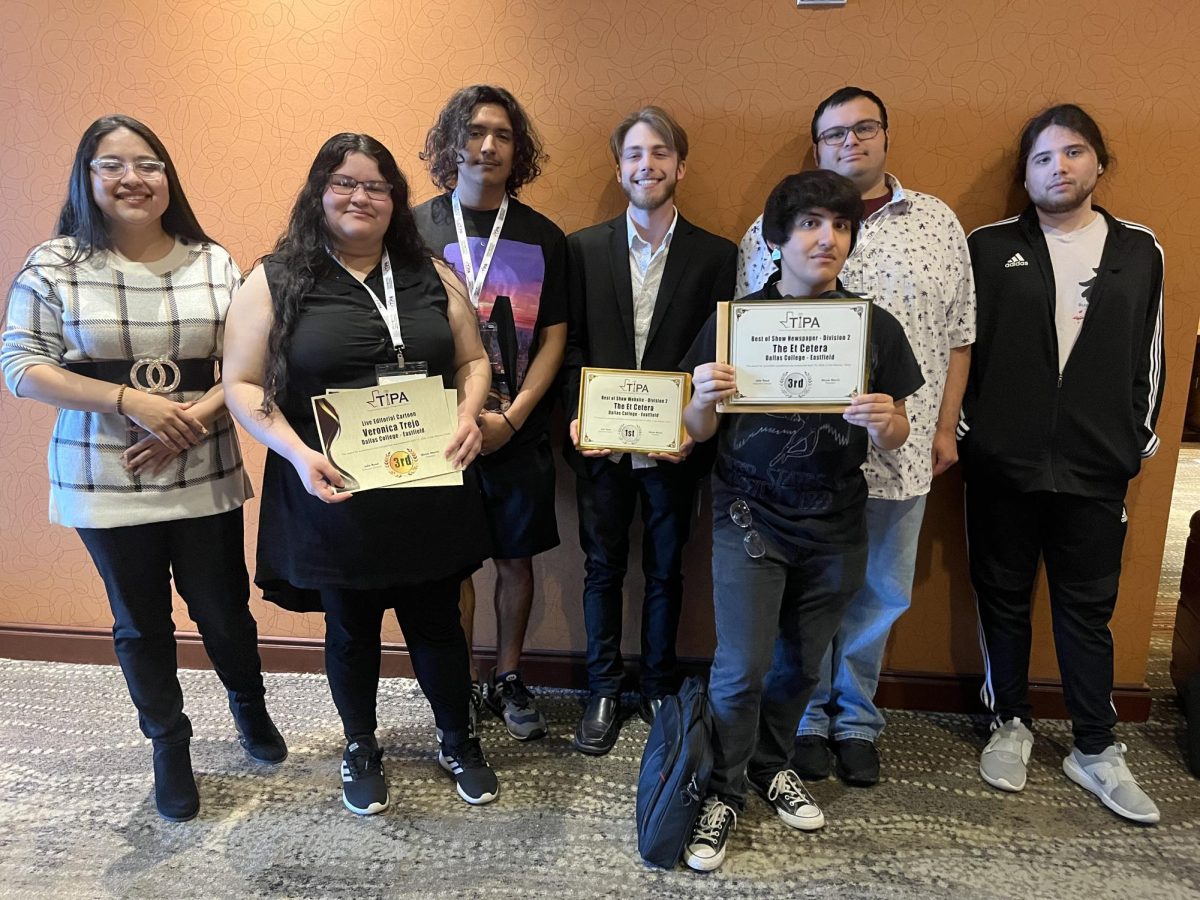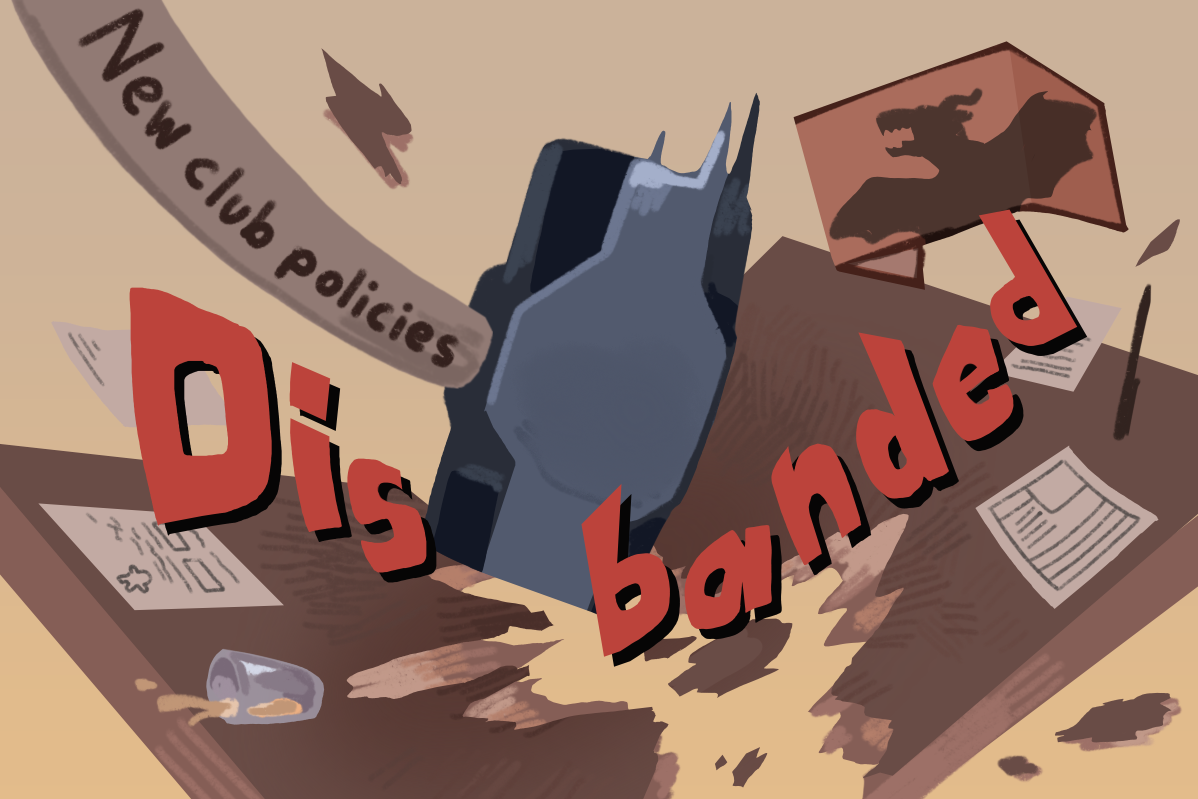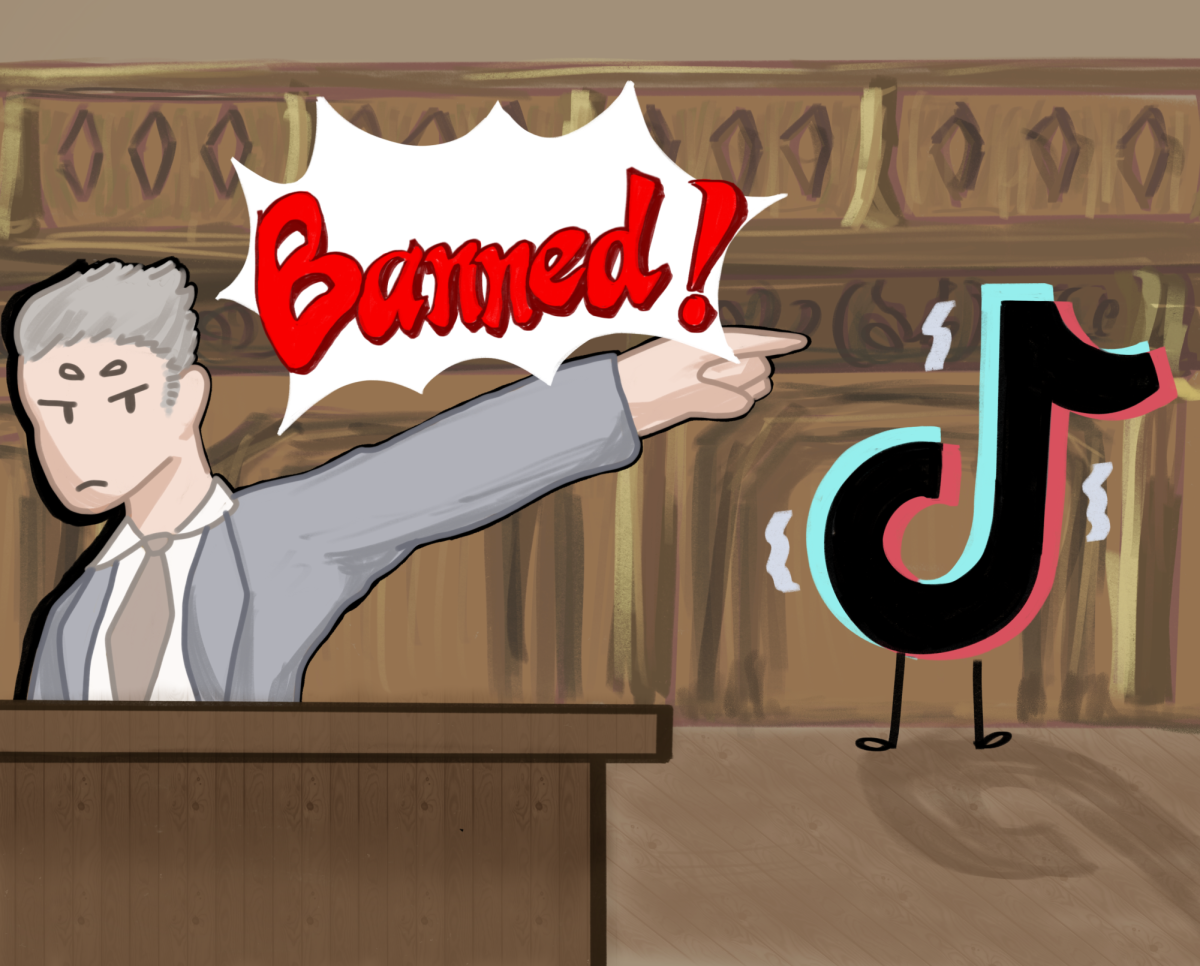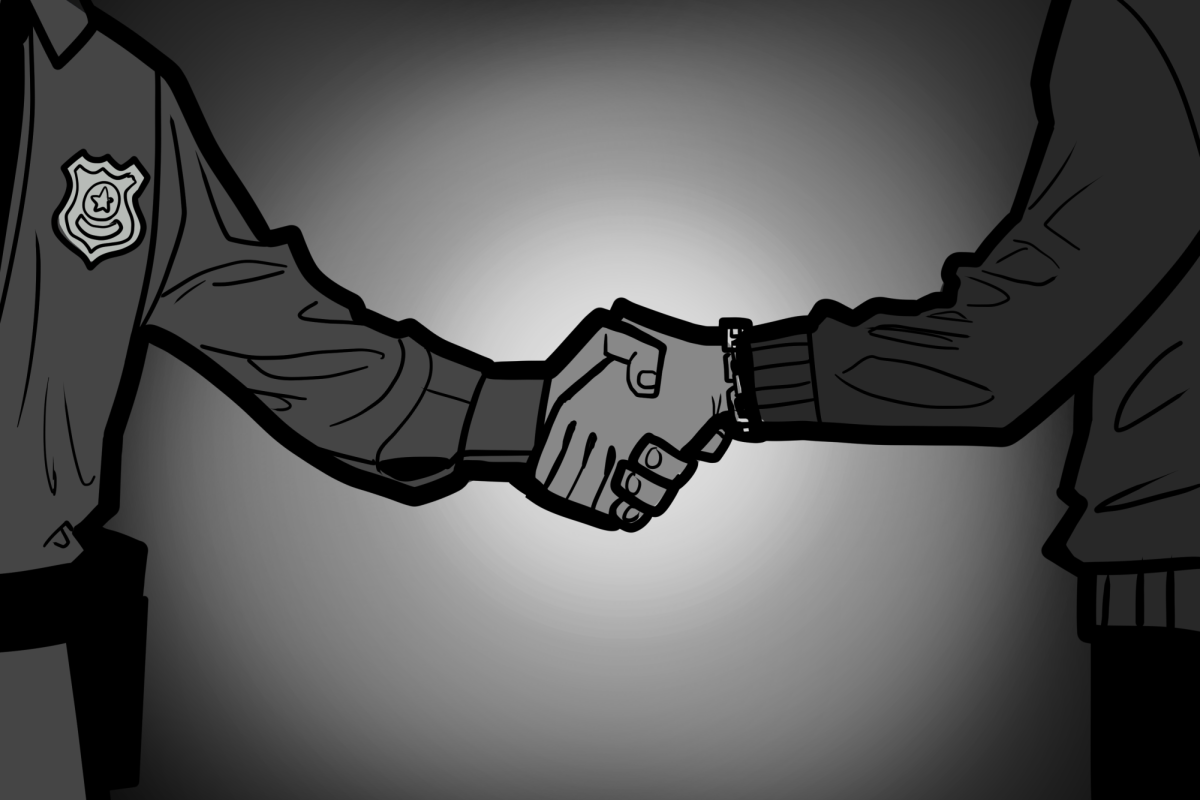 Graphic by Esther Moreno/The Et Cetera
Graphic by Esther Moreno/The Et Cetera
By YESENIA ALVARADO
Managing Editor
@YeseniaA_ETC
When Gulf War veteran Adam Gaona started this semester, he struggled with navigating Blackboard for his English 1302 class. The professor assumed everyone in class took English 1301 the past semester, but the last time Gaona took it was in 1997.
Gaona retired in August after serving 30 years in the National Guard and Army. Majoring in homeland security, Gaona is continuing an education he had to step away from in 1997.
“The biggest thing to overcome was transitioning from the army lifestyle to a civilian,” he said. “And coming back to school at my age.”
There are about 500 veterans walking the halls at Eastfield, many with a story similar to Gaona’s.
Eastfield will honor those who served with activities this month, including a flag-raising ceremony on Monday, Nov. 12. Veterans Day is Nov. 11, and this year marked the 100th anniversary of the end of World War I. Other events include a meet-up social and service project on Nov. 7, a read-in Nov. 12 and a veteran transfer day Nov. 20.
Although Veterans Day is a national holiday that pays homage to all veterans, those who come back with unforgettable experiences now have to revert to simple everyday life. From a group so misunderstood, this proves to be a challenge for some.
Navy veteran Eddie Johnson, who works in the Center of Excellence for Veteran Student Success, said many students wonder about the older person in their class, who sometimes is retired military. When Johnson was an Eastfield student, he said he felt out of place in classes full of younger students.
“They just see this old dude coming to class and they wonder, ‘What’s your story?’ ” Johnson said. “They probably think, ‘Are you a loser or just now finding yourself?’ ”
Since Gaona came back to Eastfield, he said he appreciates the people who thank him for his service but they rarely ask about his experience. Sometimes when people are interested, they ask questions like, “Did you kill anyone?”
“That’s not really something you want to talk about,” Gaona said. “Your life changes when you kill somebody, not only mentally but spiritually. You always think about it. One thing we need to teach is: Don’t ask about killings. Ask us about how tough it was and, ‘What was it like to be away from your family?’ ”
Because veterans don’t look any different than other students, it’s difficult for people like Gaona to find other veterans. He said it would be helpful if professors asked the class if any students served in the military.
“When you talk about it at the beginning, it eases things a little bit more, so you know who’s who,” Gaona said.
There are many veterans Gaona has met who come to class, go home and don’t engage in campus activities.
“Sometimes in order for us to talk, someone has to engage us,” Gaona said. “If not, we’re like shutting ourselves down and away from people who really care and want to know.”
There are students, like Gaona, who are taking classes while they’re in service and then get called up or deployed for one or even more than five years. Some decide to come back and finish their studies, some don’t.
Johnson said more awareness on campus is needed to create a stronger relationship with veterans.
Criminal justice professor Patrick Patterson served in the Air Force for 15 years. He said he can use his military background to relate to veteran students and talk about problems they’re going through that he has already faced.
Patterson said he believes many people assume all veterans suffer from post-traumatic stress disorder or depression, but it’s not true. He said they change once they go through training, but when they go through training and are deployed they aren’t the same person they used to be.
“A lot of times, vets look like they’re being aggressive but they’re not,” he said. “But in civilian world it is because vets are told to be clear and distinct when they talk with somebody.”
He said many times veterans can’t adjust outside in “civilian world” so they just go back in to service.
Their training teaches them to be excellent at what they do, but when in an academic setting, some may struggle and not be used to asking for help, Johnson said.
“When we don’t do things the way they’re supposed to be done, it’s disheartening,” he said. “We feel like a failure. Because we live at such a high standard of doing things, when we’re failing in a class or not getting a certain subject, we don’t like that because it makes us feel like we’re not operating at the capacity that we should be.”
CEVSS is a safe space for veterans to get help filling out their Veterans Affairs educational benefits paperwork and a place where they can meet others with similar experiences. Some find comfort by socializing with other veterans but others want to find people with different stories to tell.
Travis Beasley was the only veteran in his class. He wasn’t the oldest or a foreigner, yet all eyes were on him when his class finished reading chapter three of “The Things They Carried,” a collection of stories about a platoon of American soldiers in the Vietnam War.
He dreaded the end discussion, but everyone wanted to hear his perspective based on his military background.
“It’s that whole situation of that crazy dream where you find yourself on stage in front of everybody and you’re naked. That’s how I felt,” Beasley said.
When veterans come back to school, challenges can occur after a change of pace and mindset. Beasley suggests not making sudden loud noises or grabbing a veteran from behind but besides that, he said he wants to be treated like anyone else.
“Now I just want to be one of the normal kids in class,” he said. “I’m here like everyone else trying to achieve the same thing: get a C or better so it transfers to another school.”
Patience is a suggestion Johnson would make for people who work with veterans.
“We come from an environment that’s very pushed, very high pressure, very intense, and so we do everything fast and we do everything hard,” Johnson said. “And sometimes it doesn’t take that, and we don’t know any other way. So sometimes you have to slow us down a little bit. You gotta have patience to help us relearn.”


